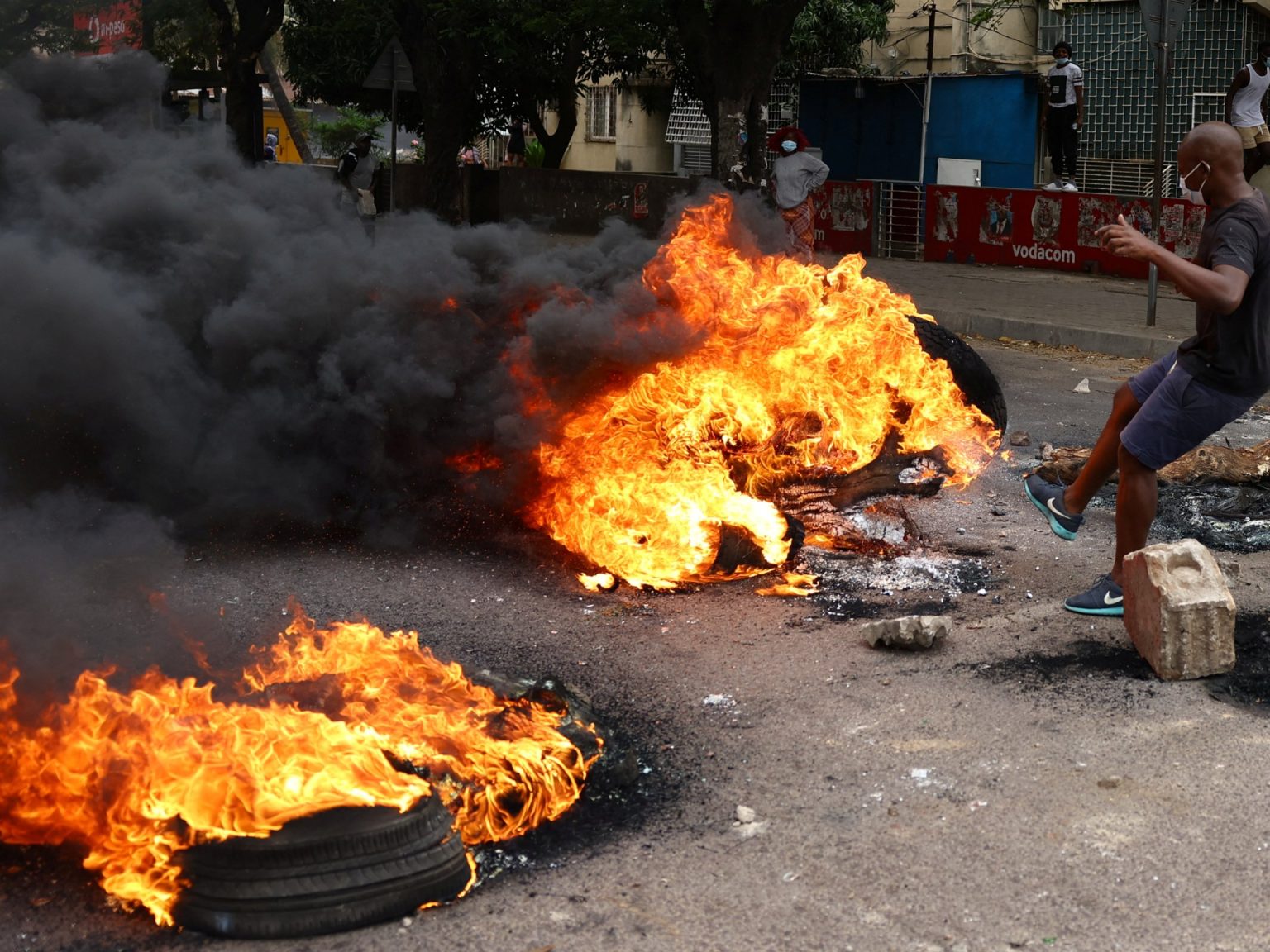The recent unrest in Mozambique stemmed from the disputed results of the general election held on October 9, which saw the ruling Frelimo party declared as the winner. This led to widespread protests, with many accusing the government of rigging the election in their favor. A particular focus of the protests was independent presidential candidate Venancio Mondlane, who has been vocal in his opposition to the election results. The protests culminated in a large demonstration in Maputo, where police used tear gas to disperse the crowds.
The violence surrounding the protests has escalated, with reports of at least 18 people being killed by security forces. The heavy-handed response from the authorities has drawn criticism from human rights groups, civil society organizations, and Western observers, who have all raised concerns about the fairness of the election and the treatment of protesters. The Mozambique Bar Association warned of the potential for a “bloodbath” if the situation continued to escalate, and called for greater restraint from the security forces.
Venancio Mondlane, the main opposition candidate, has called the current situation a “crucial moment” for Mozambique, suggesting that the country is on the brink of a significant political and historical transition. Despite losing in the official results to Daniel Chapo of Frelimo, Mondlane remains defiant and has urged his supporters to continue protesting against the government. The heavy security presence in Maputo and the closure of businesses and institutions have created a tense atmosphere in the capital, further fueling the anger and frustration of the protesters.
In response to the protests, the government has taken measures to restrict internet access in an attempt to suppress dissent and public criticism. Additionally, the United Nations High Commissioner for Human Rights has called on the Mozambican police to exercise restraint and adhere to international human rights standards when managing protests. The use of tear gas and other forms of force against protesters has raised concerns about the government’s commitment to upholding democratic principles and respecting the rights of its citizens.
The ongoing political crisis in Mozambique highlights the deep divisions and frustrations within the country, as well as the growing discontent with the ruling Frelimo party. The government’s response to the protests has only served to inflame tensions further, leading to increased violence and instability. The international community, including the United Nations and Human Rights Watch, has called for a peaceful resolution to the crisis, urging all parties to engage in dialogue and find a peaceful path forward.
As the situation in Mozambique continues to unfold, it is clear that the country is at a critical juncture, with the potential for further violence and unrest if the political impasse is not resolved. The protests represent a significant challenge to the authority of the government and the ruling party, and could signal a turning point in the country’s political landscape. It remains to be seen how the government and opposition will respond to the demands of the protesters and whether a peaceful resolution can be achieved to prevent further bloodshed and instability in Mozambique.


